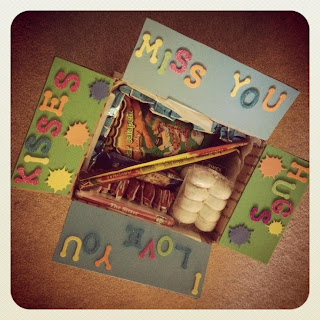Avoiding Homework Battles
While we can’t make your dream world
come true, we can give you some tips on avoiding the daily homework battle.
Create a daily routine:
Find what works best for your family
and stick to it, if you are busy with sports and other activities it may be best
to do homework after dinner. Or perhaps you like schoolwork to happen right
when you get home. Make a schedule together, post it somewhere in your home,
and keep things as consistent as possible. A consistent schedule leaves little
room for argument, “I am sorry, but this is snack and homework hour we don’t
watch television until after dinner”. Or “I am sorry Tommy, but the this is
homework hour, the kids can’t come out and play until their free time
remember?”
Electronic Free Hour:
In your routine, schedule your kids
(and yourself!) some “free time” for television, apps, or text messaging, but let
homework time be free of those distractions.
Choices within limits:
Do you find yourself nagging your
kids to finish assignments? Try a different approach…provide lots of choices…
that lets child maintain a feeling of responsibility and control over their own
work and success… but also sets limits because you only give choices you are
happy with.
For example:
Would you like to sit at the kitchen table or dining room table?
Do you want to work on spelling or math first? Would you like to read in your
bedroom or the basement?
Try something different and fun! Make it seem like less of a
chore :)
Try doing homework at Starbucks, a
bookstore, or the library. If it’s nice out, try making a picnic and reading
together in the sunshine.
Remember the value of life lessons:
If your child is refusing to do a
homework assignment, don’t get stuck in a battle, let it go. Facing the embarrassment of not turning in
an assignment or perhaps facing the school consequence might be a more powerful
learning tool than spending the energy it takes to argue with your child about
completing the assignment!
-Julianne Neely, MSW, LCSW
Reference:
Love and Logic Institute, Inc.







